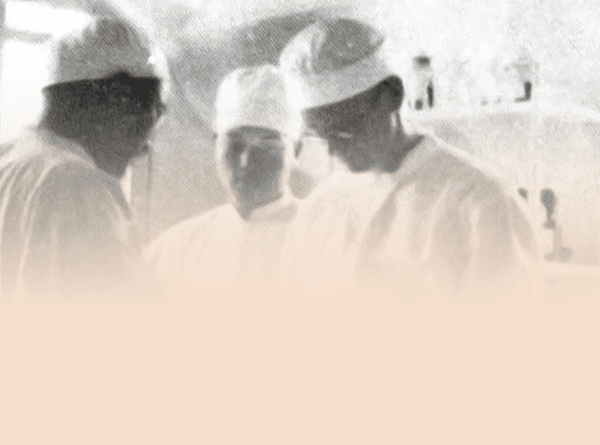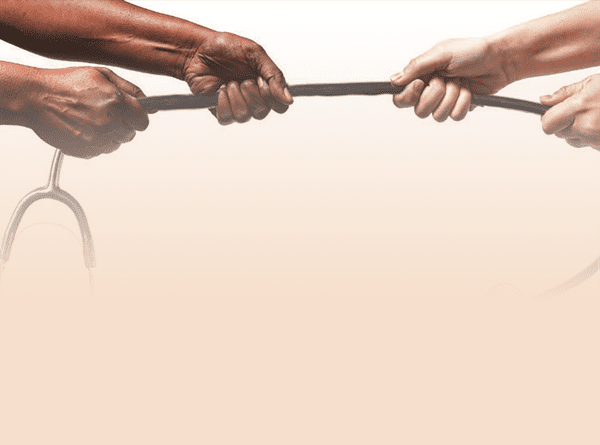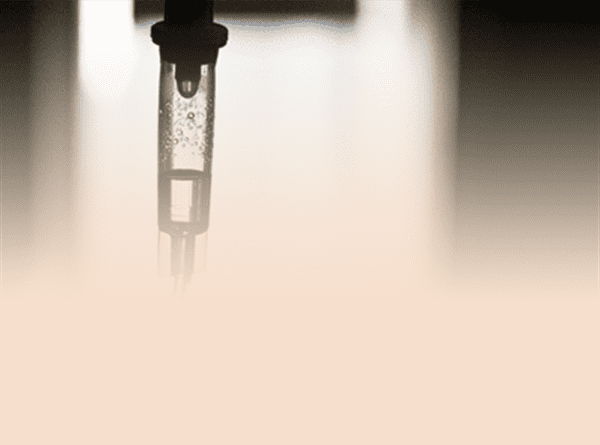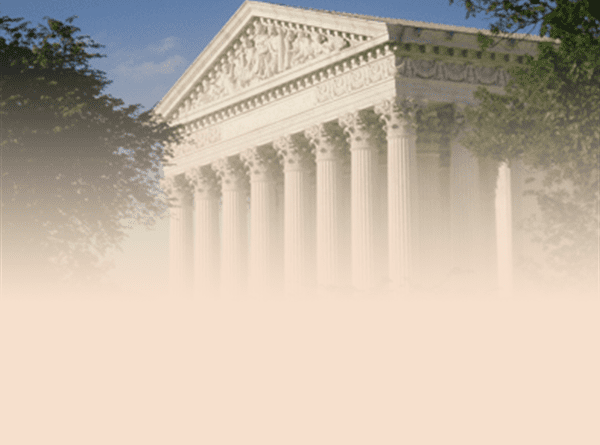Physicians Can Heal the Hurt
By C. Gene Wheeler
Christian Medical Society Journal, Winter 1977.
Malpractice rises before the physician as an imminent barrier to his life work. The issues of malpractice touch him as a self-employed businessman, as a professional and as a person.
The most visible obstacle a physician faces is the skyrocketing cost of insurance. Many doctors pay $1000 a month or more for insurance coverage. No matter what risks were incurred in his work, any self-employed businessman would seriously re-evaluate such monthly premiums. Perhaps that is why many physicians in California have opted to practice without insurance and they may well be setting a precedent for medical personnel in other states.
As a professional, the physician regards the malpractice issue as a possible threat to providing quality health care in a free market system. Having trained for his specialty, a physician offers his services as he chooses, while patients seek out a doctor according to his reputation in the community. Since the patient is free to go anywhere he chooses, the free market system works to the benefit of all.
Intervention by the government to solve the malpractice problem could rob the physician of his free market status, however, and ultimately, control the choice of services for patients as well. From a professional point of view, the physician sees the malpractice issue as an invitation to the government for regulation of fees and for regular re-certification of his practice.
For the physician as a person, malpractice breaks down the doctor-patient relationship. As long as a doctor can relate to his patient as a person, he will be able to give professional quality care. But when the physician enters treatment with the mindset that risks lead to the possibility of malpractice suits, he limits his choices and may omit some that could best serve the patient.
No Turning Back
Though the malpractice crisis brings new pressures, there is no turning back to the days when these problems did not complicate the practice of medicine. The course now is not to consider how to preserve the old system but to determine what new alternatives physicians can choose.
First of all, I believe physicians should practice as though they did not have insurance. It may not be long before astronomical fees or inability to procure insurance will force doctors to practice without it. To do this we must establish rapport with the patient and take other steps to protect him. For instance, I would suggest that a physician put aside $40-$200 a week (depending on his practice) into a trust fund for claim settlements. Then the patient with a legitimate malpractice complaint could sit down personally with his physician, perhaps with their attorneys, and together they could settle the claim.
Another step physicians can take now is to discuss alternative means of therapy with a patient. In considering a diagnosis and prescription, we should be aware of the patient's desires and expectations and include her in the decision making. Ask her to discuss with you her goals in seeking medical or surgical care. After the operation or hospitalization, ask her to evaluate the care given. Was she psychologically prepared for the treatment? How did she feel about the charges? Were they equitable? Exorbitant?
Finally, I believe every physician should consider giving up any government payments he might be receiving. If we want to remain free practitioners it is my opinion that we should deal with patients directly and not with the government. If the government becomes involved in health insurance, let that be a matter between the patient and the bureaucracy.
Malpractice not only threatens the physician's livelihood, but it also endangers his life's work. At present, we have the opportunity to act instead of react and tum the crisis into a challenge for even better health care in the future.
C. Gene Wheeler is a surgeon practicing in Dallas, Texas (1977).














